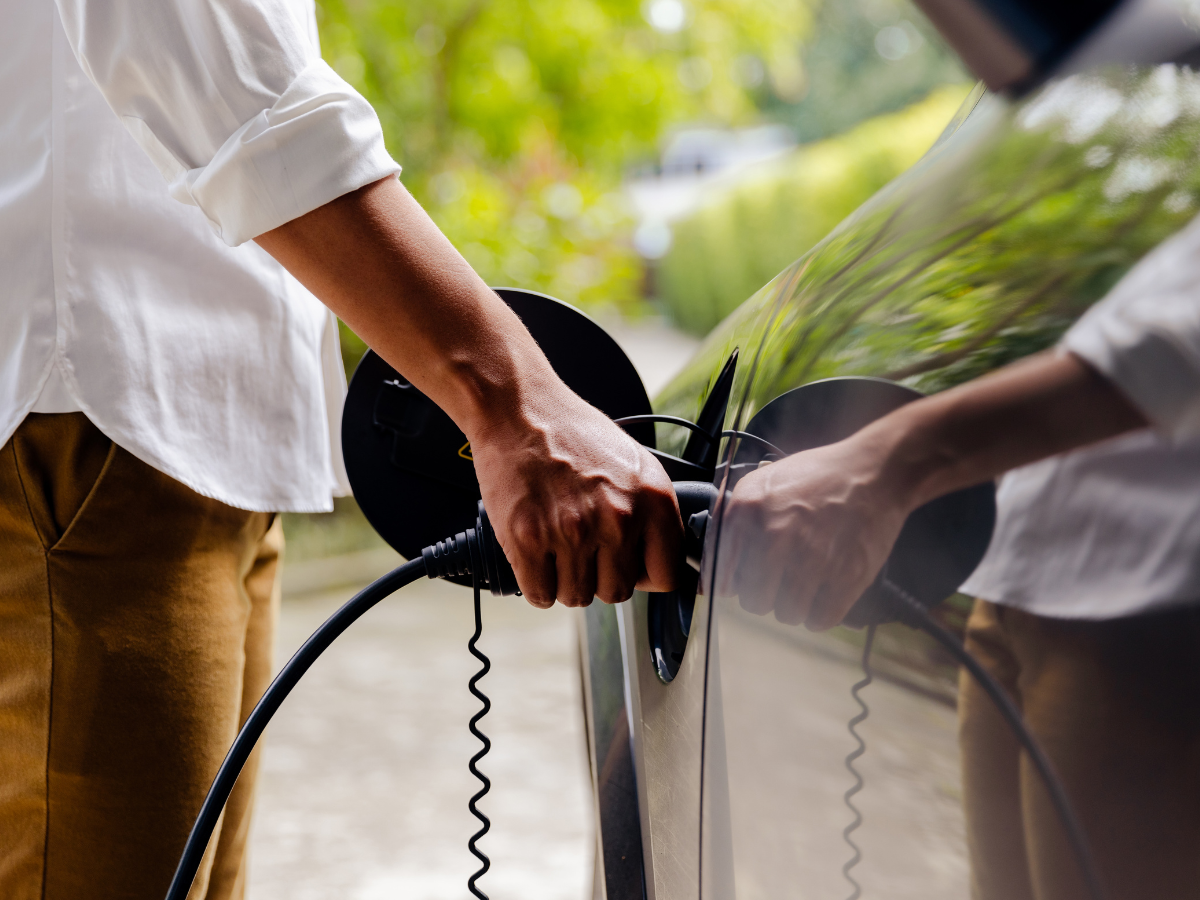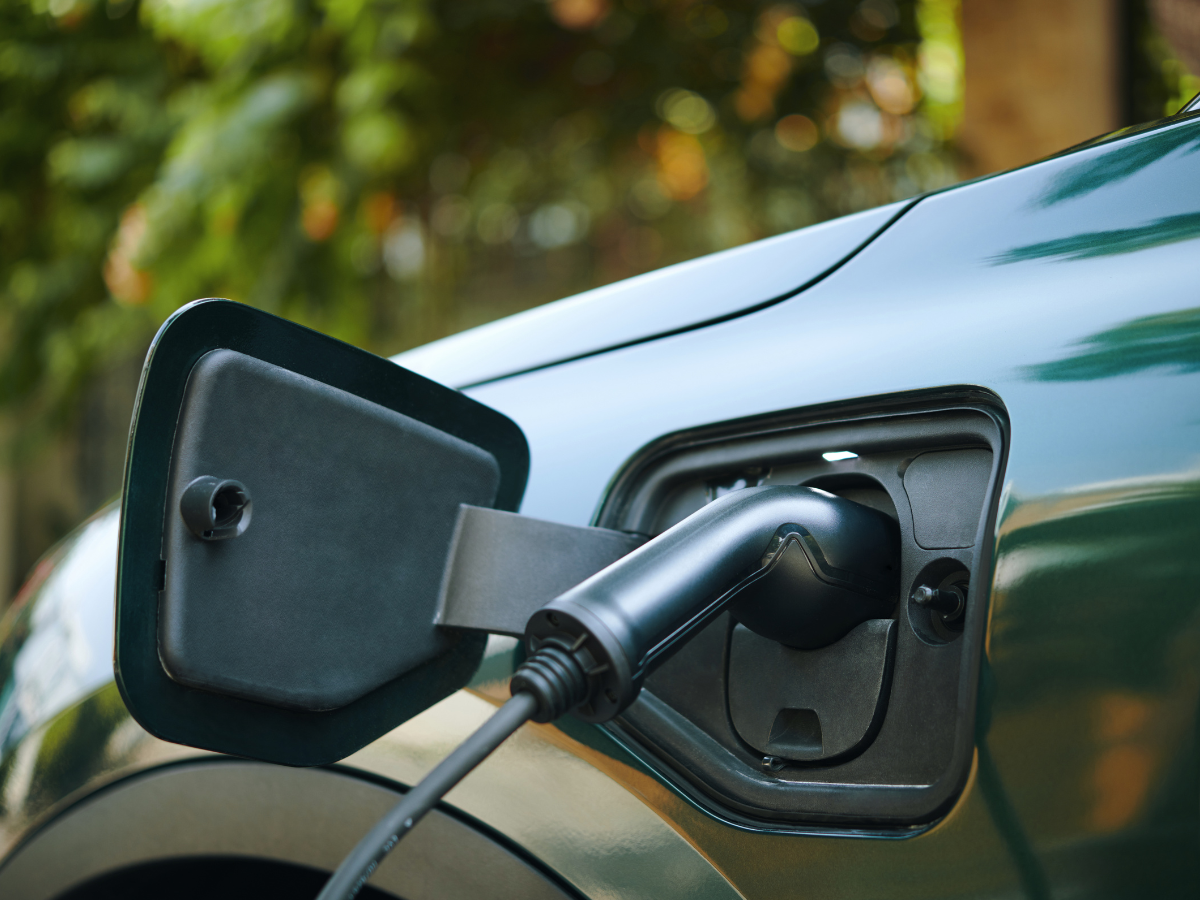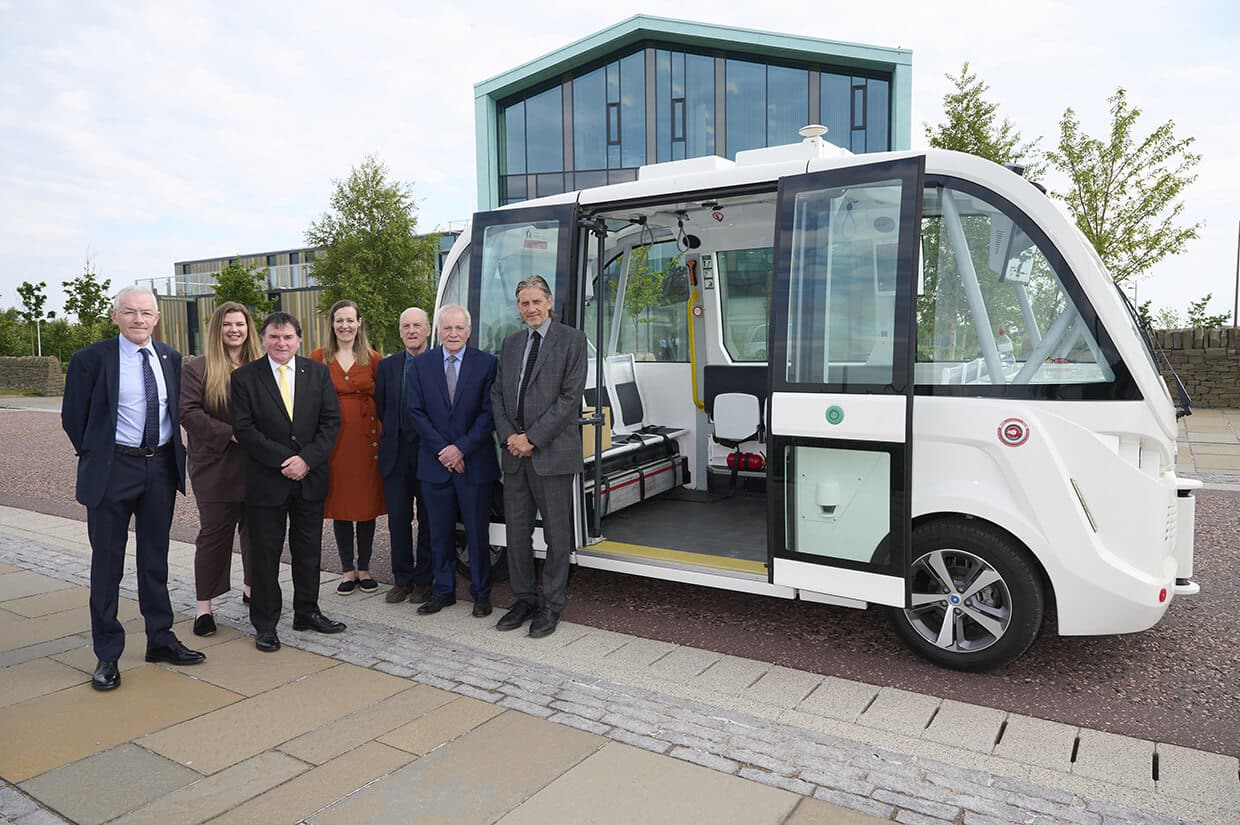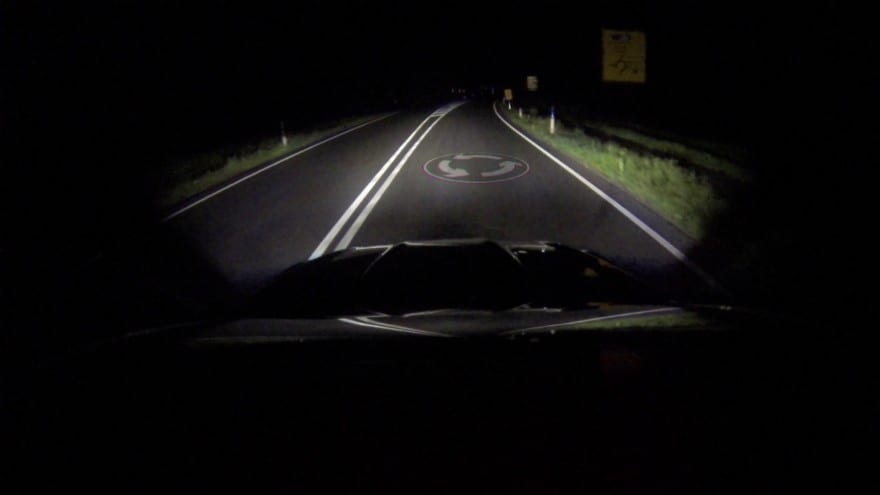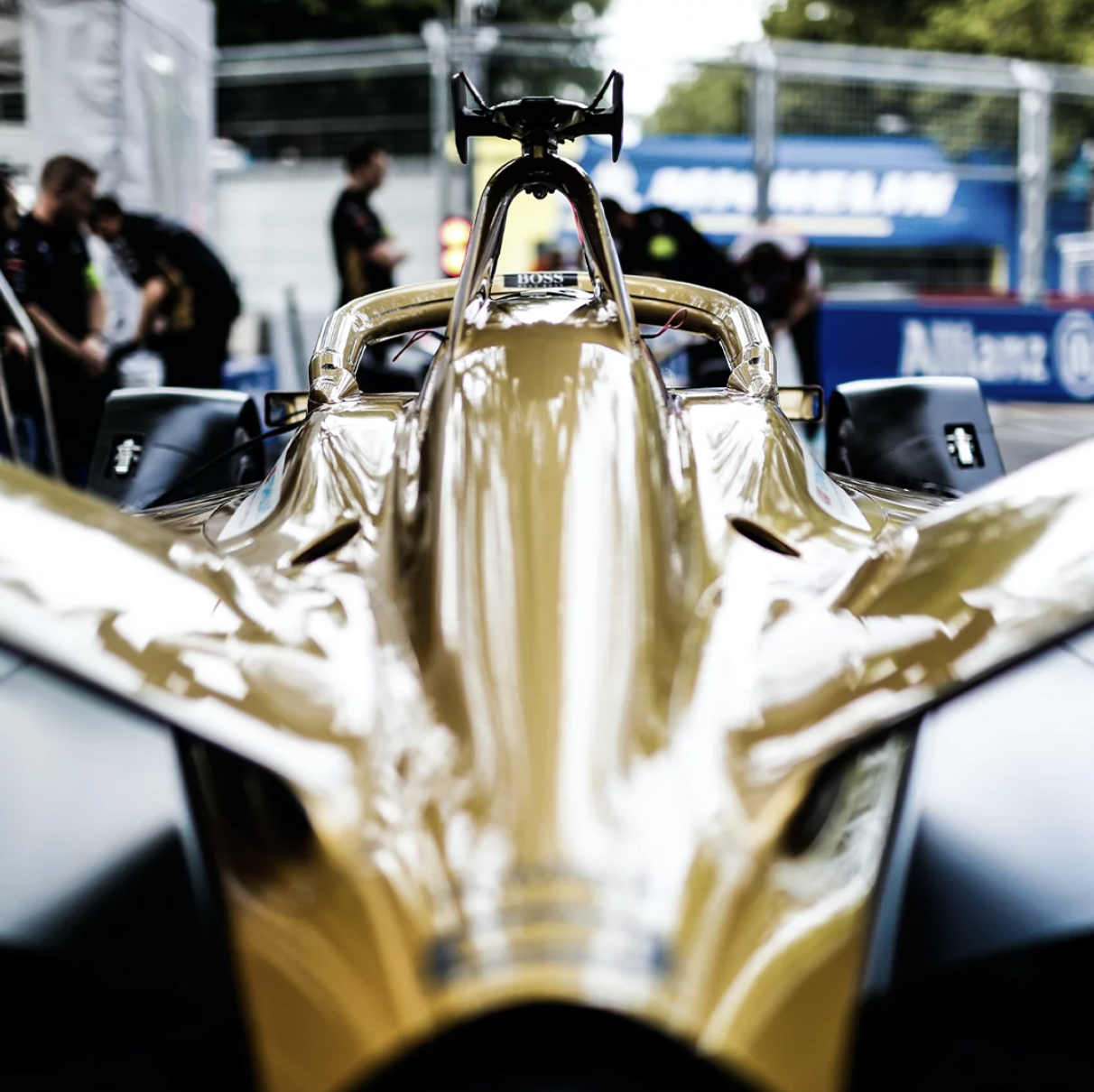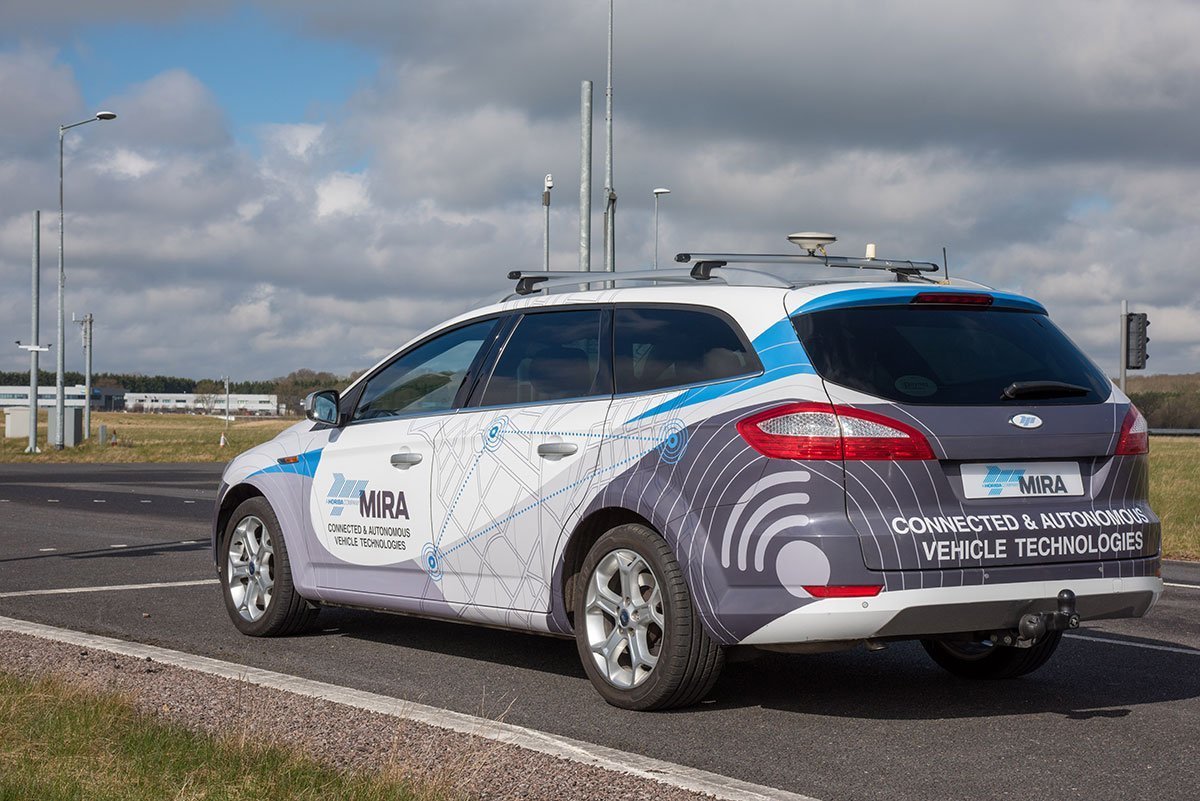Octopus Energy Group and National Grid ESO have released results from the first successful integration of vehicle-to-grid (V2G) technology in Great Britain.
The trials were conducted in a test environment using the National Grid’s Balancing Mechanism, which is used to monitor electricity supply and demand in real-time.
The technology works by treating idle car batteries as a backup storage solution. This allows the vehicles to store surges in renewable energy and then feed the energy back into the grid when needed.
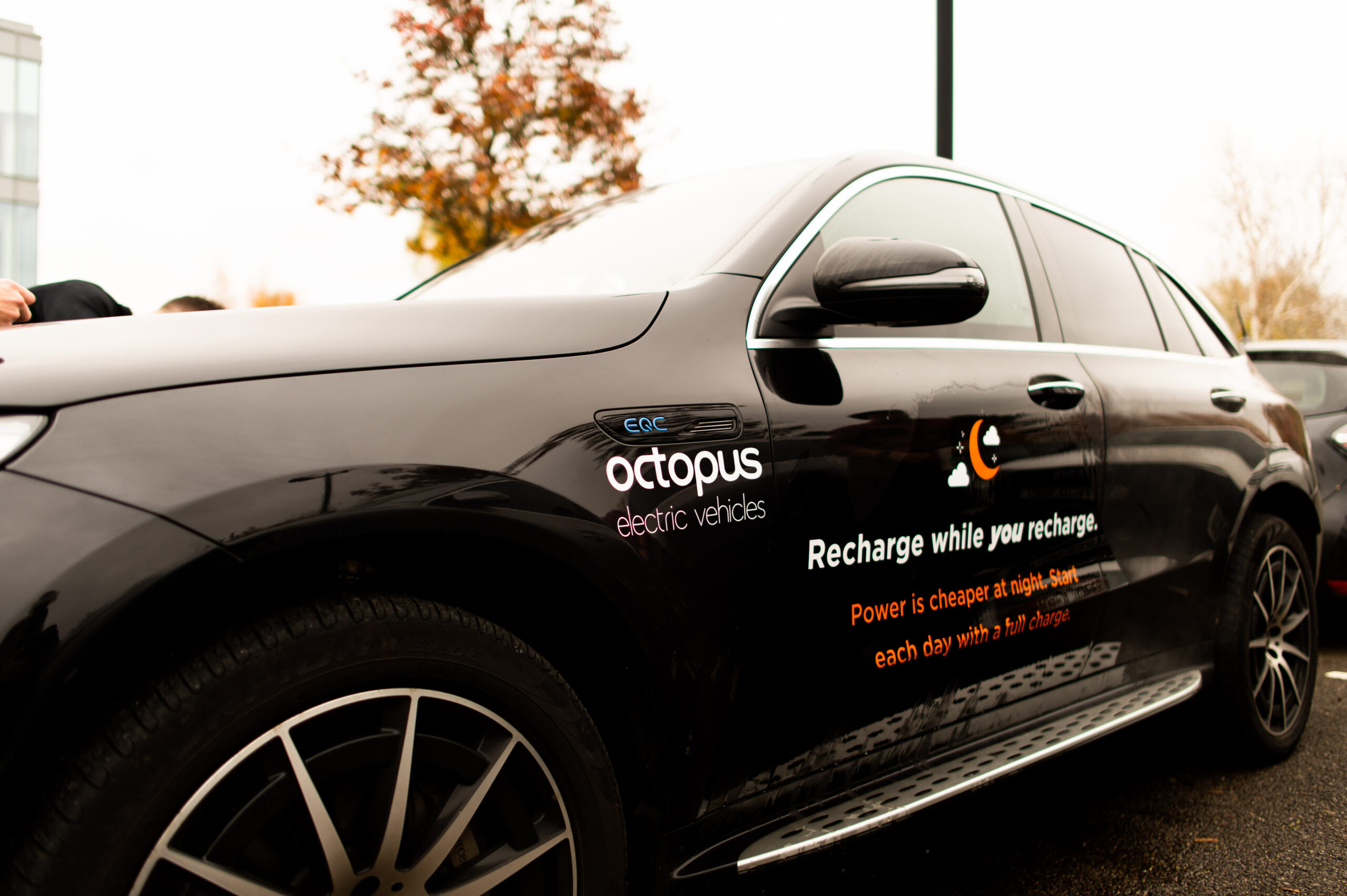
Throughout the initial tests, which took place in August 2022, Octopus charged and discharged the batteries of 20 electric cars from participating customers at times of grid imbalance.
The tests demonstrated the potential benefits of a vehicle-to-grid system, as within an hour, a million EVs could supply the same amount of power as 5,500 onshore wind turbines.
Claire Miller, Director of Technology and Innovation at Octopus Electric Vehicles, said:This is a real ‘line in the sand’ moment for V2G tech. We have shown that this technology is capable of helping to balance our future, green grid, to the benefit of people and the planet.
We’ve proved what is possible with the technology and cars that are currently on the market, and this is only going to grow. Soon we will have millions of electric cars sitting on driveways capable of storing and exporting green energy back to the grid when it needs it most - and once the vehicle to grid proposition is ready to be launched, these cars will help to support our renewables expansion and taking us a huge step closer to net zero.
In addition to supporting the grid, Octopus’s analysis revealed that customers participating in the vehicle-to-grid system could benefit from savings of up to 840 GBP per year compared to unscheduled charging on a flat rate tariff.
Both Octopus and National Grid ESO view the technology as a viable future solution, as several large car brands such as Hyundai and Volkswagen have already committed to including V2G technology in their new electric vehicles.
Jake Rigg, Corporate Affairs Director, National Grid ESO, said:Vehicle-to-grid technology opens the door for everyone to engage in our electricity system, in a way that we can all benefit from. The next steps for us are to take these learnings and work with industry on how we develop and deploy a balancing mechanism service for V2G.



